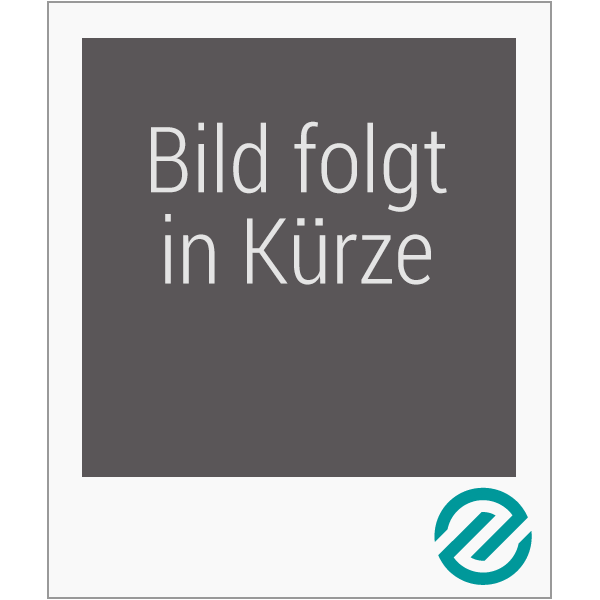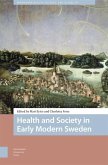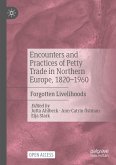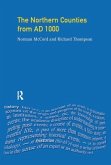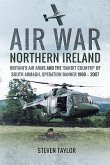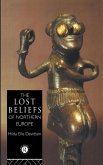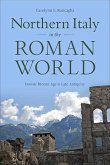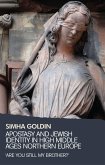This book considers for the first time the relationship between the river environment and the economic and political structures of northern Italy in the post-Roman period. Through the study of the relationship between river and society over time, it shows how the Carolingian conquest and other major political events in northern Italy did not seem to introduce radical changes in the daily life or broad economic systems. In fact, ecological circuits, local networks, family strategies and monastic policies seem to have been equal factors that shaped the relationship between river and society. This monograph offers an innovative approach to the study of the early Middle Ages, integrating social sciences, historical records, archaeological and geoenvironmental data analyses to overcome the lack of written and material sources. These new integrated perspectives on the post-Roman world shed light on the relationship between humans and their environment and on the social complexity of the riverscape, topics not yet fully investigated in the historiographical debate.
Hinweis: Dieser Artikel kann nur an eine deutsche Lieferadresse ausgeliefert werden.
Hinweis: Dieser Artikel kann nur an eine deutsche Lieferadresse ausgeliefert werden.

